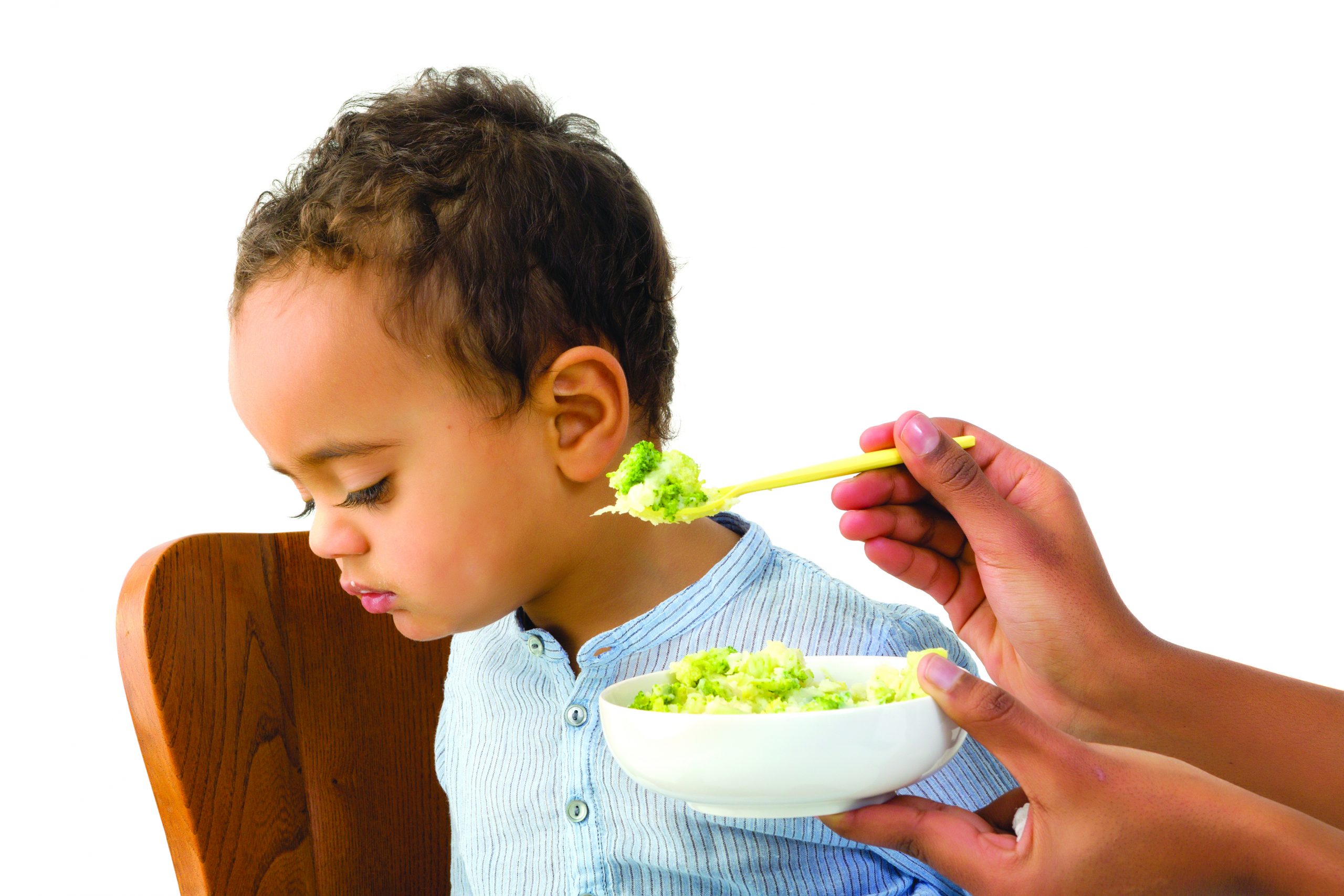
Dr. Tarun Singh

How do I know when my infant is ready to eat solid foods? Please advise.
— Garima Goel, Delhi
According to the Dietary Guidelines of the American Academy of Pediatrics and Indian Academy of Pediatrics, children should not be introduced to foods other than breast milk or infant formula until six months of age. Watch out for these signs to ensure your infant is developmentally ready for introduction of solid foods:
- She sits up alone or with support
- Is able to control head and neck movements
- Opens mouth when food is offered
- Swallows food rather than pushes it back out onto the chin
- Tries to grasp small objects, such as toys or food
- Transfers food from front to back of the tongue to swallow
It’s advisable to introduce one solid food at a time. Wait for three-five days before offering another new food. Ensure food is mashed, pureed or strained and very
smooth in texture for easy digestion.
What are the symptoms indicating a child may have food allergy? Are the symptoms similar for food intolerance?
— Martha Evangeline, Kochi
It’s difficult to differentiate between food intolerance and food allergy as the symptoms tend to be common. Both occur when the body has an adverse chemical reaction to eating a particular food or drink. Normative symptoms include bloating, nervousness, sweating, headache, and altered bowel habits. However there are some differentiated symptoms:
Food intolerance never involves the immune system and/or causes severe allergic reactions aka anaphylaxis. Symptoms include nervousness, tremors, sweating, palpitations, rapid breathing, headache, diarrhea, skin burning sensation, allergy-like and breathing/asthma-like reactions.
A food allergy impacts the immune system. Cow’s milk allergy is the most common in early childhood. Symptoms include swelling of lips, face, eyes, hives or wells, tightness in throat, difficulty in talking or hoarse voice, persistent dizziness and pale and floppy physical appearance.
Parents should be observant and watch out for adverse symptoms arising out of consuming certain foods, and seek medical attention as soon as possible.
My three-year old son is a fussy eater. How can I encourage him to eat healthy?
— Risha Gina, Delhi
Here are some ways you can encourage your toddler to develop good eating habits:
- Allow him to eat some foods independently, bearing safety in mind.
- If your child refuses a food, don’t force him. Wait for a couple of days before offering the food again.Mix new foods with foods he already likes.
- Make an effort to prepare a creative and varied diet incorporating different spices and consistencies.
- Try eating the food yourself before offering it to him. Let him see that you are enjoying it.
- Give him a choice of different variations of the same food.
- While your child is learning to chew and swallow foods, choking is a risk. Therefore ensure that you cook age-appropriate foods. Avoid small, sticky or hard foods. Make sure he sits up while eating — not lying down, crawling or walking.
- Keep mealtimes calm — avoid distractions and disruptions. And most important, monitor him while he is eating.
(Dr. Tarun Singh is consultant (pediatrics) at Kalpavriksh Healthcare and Medeor Hospital, New Delhi)























